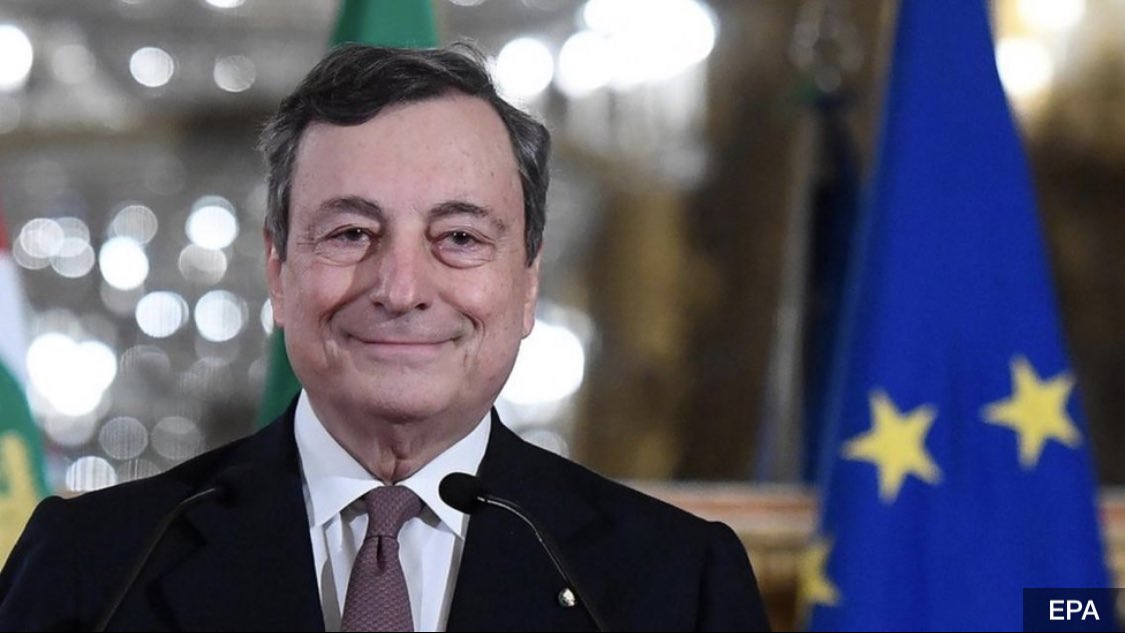
After 3 years studying the Conference on the Future of Europe, I had the chance to directly contribute to it by meeting - as expert witness - some of the citizens who have been randomly selected to discuss EU's future.
Here’s what I've learned #CoFoE 🧵
(Spoiler: A bunch )
Here’s what I've learned #CoFoE 🧵
(Spoiler: A bunch )

Despite its limitations, #CoFoE - and in particular its 800-citizen panels - are de facto creating a mini transnational conversation among citizens who would not otherwise talk about the EU.
That's pretty magic for anyone who believes in EU project papers.ssrn.com/sol3/papers.cf… 2/
That's pretty magic for anyone who believes in EU project papers.ssrn.com/sol3/papers.cf… 2/
After 2 decades of teaching, training & civil society engagement, I’ve never experienced a more genuinely DIVERSE and committed audience before.
AND
Unlike citizens you can meet around the citizen panelists are more empowered: their recommendations will shape/transcend #cofoe
AND
Unlike citizens you can meet around the citizen panelists are more empowered: their recommendations will shape/transcend #cofoe
800 randomly selected people may not seem a large number when compared to EU's 446 millions. Yet by coming from different walks of lives/demographics, they're likely to better reflect Europeans' preferences than MEPs, who elected nationally think along nation states' boundaries
The conversations are framed by facilitators & invited experts (like myself). Given limited EU literacy among citizens, expert framing shapes citizens’ conversations. Hence need 2 clarify how experts are selected & what role they play (telling to be neutral doesn't help much)
5/
5/
By gaining an exposure to the EU and, inevitably, a crash course on how it works, many of these 800 lives will be transformed.
It pays for everyone to soak herself/himself in someone’s else point of view, however much you might recoil… Europe needs greater deliberation!
6/
It pays for everyone to soak herself/himself in someone’s else point of view, however much you might recoil… Europe needs greater deliberation!
6/
What Europe would look like if we had a fully fledged pan-European public sphere and a pan-European political class with competing ideas playing within the former?
#CoFoE might help us to gain a sense of how that Europe might look like. That's its main value.
7/ (more to come)
#CoFoE might help us to gain a sense of how that Europe might look like. That's its main value.
7/ (more to come)
• • •
Missing some Tweet in this thread? You can try to
force a refresh











